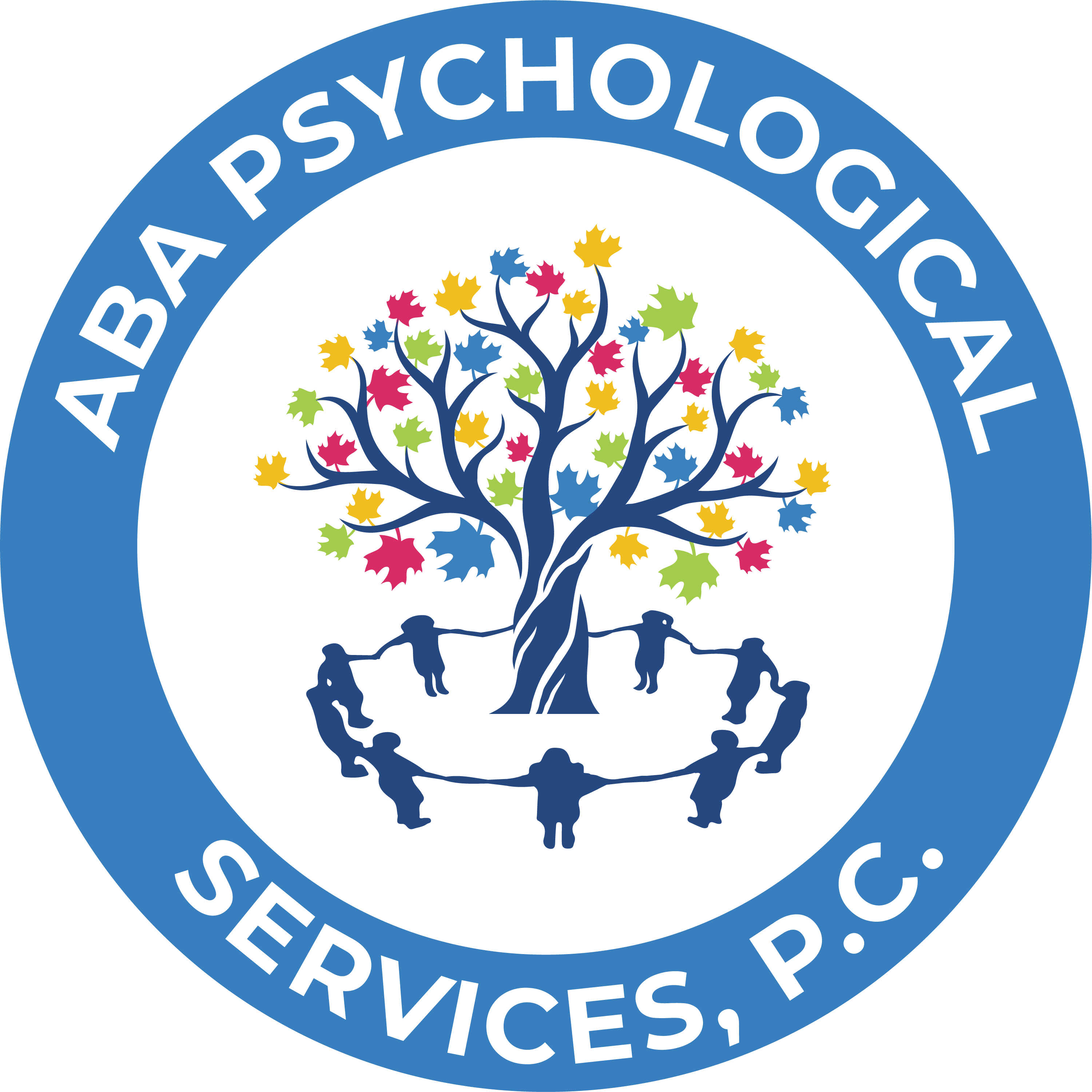
NEWS
Echolalia and Autism: A Window into Unique Minds
January 17, 2024
By ABA Psychological Services
Echolalia and Autism: A Window into Unique Minds
It is common for people on the Autism Spectrum Disorder (ASD) to repeat words or phrases. This phenomenon is known
as echolalia, and it is exercised by those with autism for a number of reasons. We'll look into echolalia in order to understand it
better and to support those we care for.
What is Echolalia?
It might be helpful to think of echolalia like an echo. It is the repetition of vocalizations made by a person. A person will repeat or 'echo' what
they've heard. This includes actual words, sounds, expressions, even movements such as facial movements or gestures. In autism, this can be
immediate, where the child will repeat something right away or delayed (repeating what they heard much later). Echolalia is different than
stimming but similar in that it is repetitive.
Echolalia in the Autism Spectrum
In neurodevelopmental disorders, echolalia holds a unique place in autism. While it can be seen in typical language development, in autism, it's more
prominent. Echolalia is not just mimicry; it's a vital part of how some people with autism communicate and process language. For those with autism,
repetitive speech can serve multiple roles, it can be a coping mechanism and a way to communicate.
Learning from Echolalia
One question often arises: "How does repeating what someone else says help with communication?" For many with autism, echolalia is a stepping
stone in language development. They're using what they hear to understand and participate in conversations, even if it's in an unconventional way.
Speech Therapists and Echolalia
Speech therapists often become the unsung heroes for caregivers and children. For caregivers they are a great source of
knowledge on what echolalia is and how to support the child. For those with echolalia a trained speech therapist will use various strategies
to guide towards more functional and independent forms of communication. It's not about stopping the echolalia; it's about embracing it and
molding it into a useful tool.
Unraveling the Echolalia with Functional Behavior Analysis
ABA therapists can step in to decode echolalia. They will look at what triggers it, what purpose it serves, and how it's used in communicating.
This type of detective work helps in creating strategies to support effective communication skills so they are tailored to each individual's needs.
What is Non-verbal Autistic?
When it comes to non-verbal autism, echolalia can be a bit of a puzzle. It's like trying to express your thoughts and feelings without words. Non-verbal
autism are individuals with ASD who have delayed language, limited language or none at all. Echolalia is common in people with non-verbal autism.
Remember, echolalia isn't limited to spoken words but can involve repeating sounds, movements or expressions. This repetition can be a way to
communicate their needs and emotions. It's crucial for therapists and caregivers to recognize the intent behind the echolalia and respond accordingly.
Supporting Echolalia in Autism
Supporting someone with echolalia goes well beyond therapy. Support can present itself as understanding, patience, and creating an
environment where the child or adult feels safe and supported to express themselves.
Embracing Echolalia in Autism
In the world of autism, echolalia isn't just a speech pattern; it can be a unique language in its own right. It's a window into how individuals with autism
perceive and interact with their world. By understanding and supporting echolalia, we're not just helping with communication; we're acknowledging and
valuing the unique perspectives of those on the autism spectrum.
Echolalia, a complex, intriguing, and absolutely vital part of many individuals with autism; it is crucial we as caregivers help them find their voice, even
if through the words or sounds of others.
For more information on echolalia and how ABA therapy can help in the area of communication and other areas,
contact ABA Psychological Services today.
